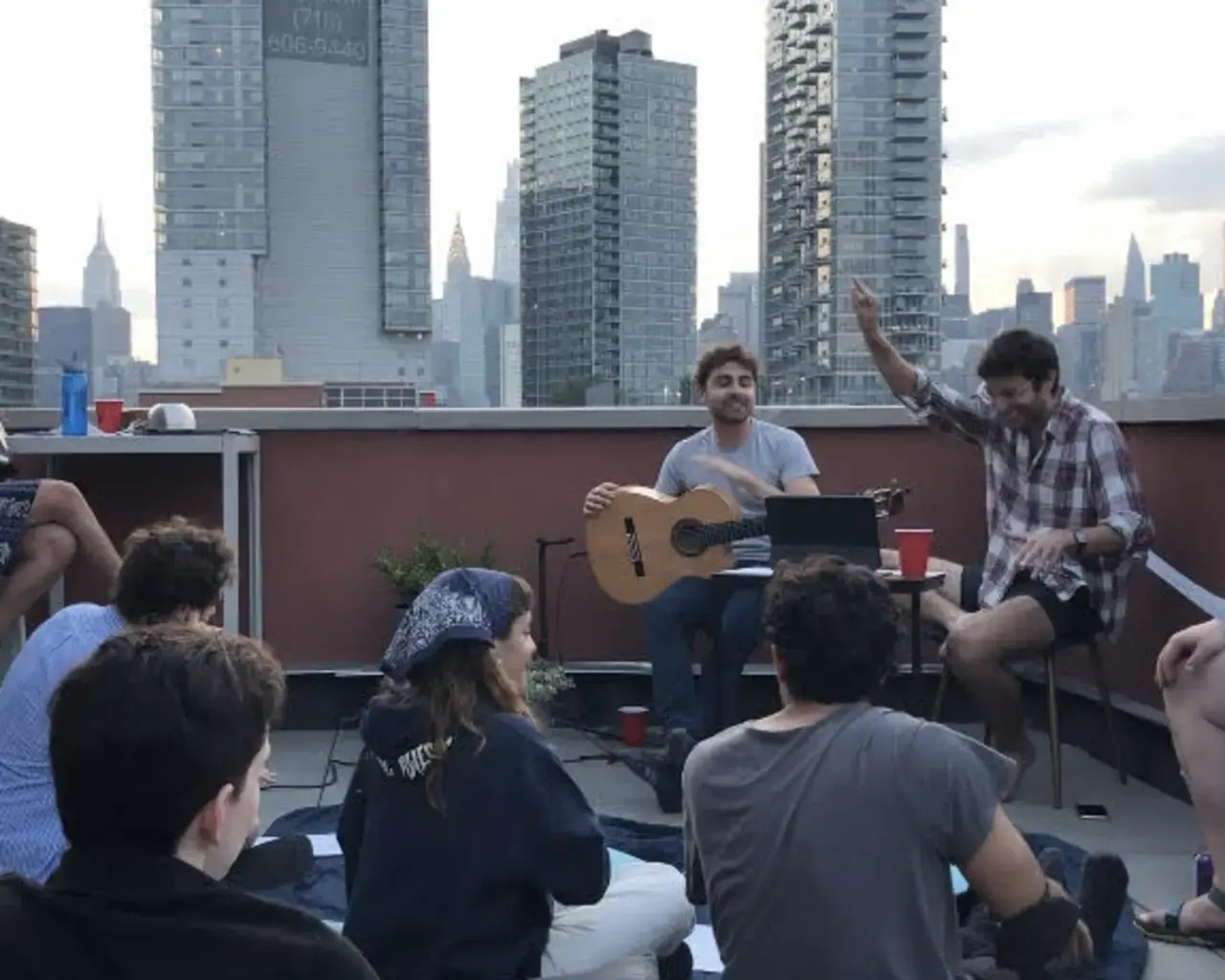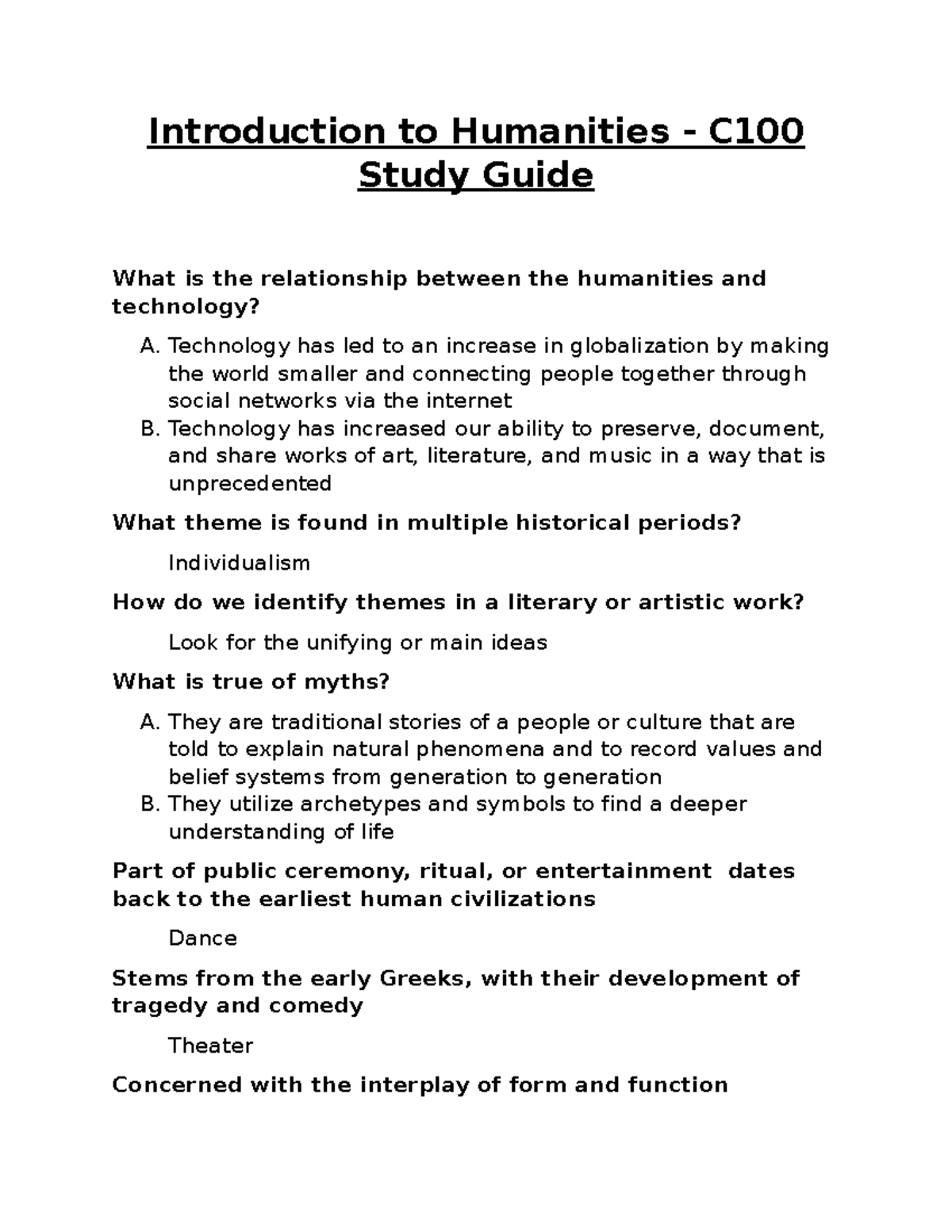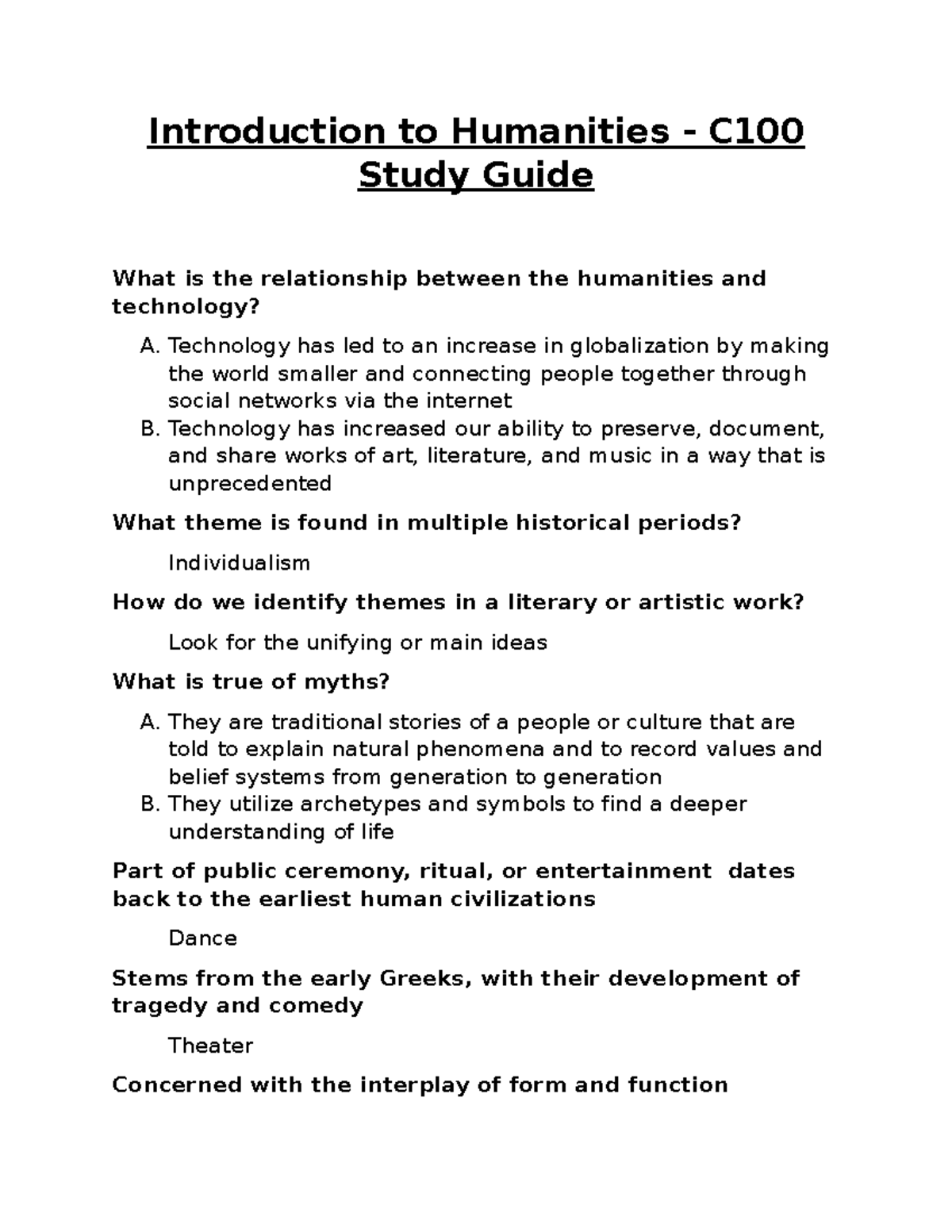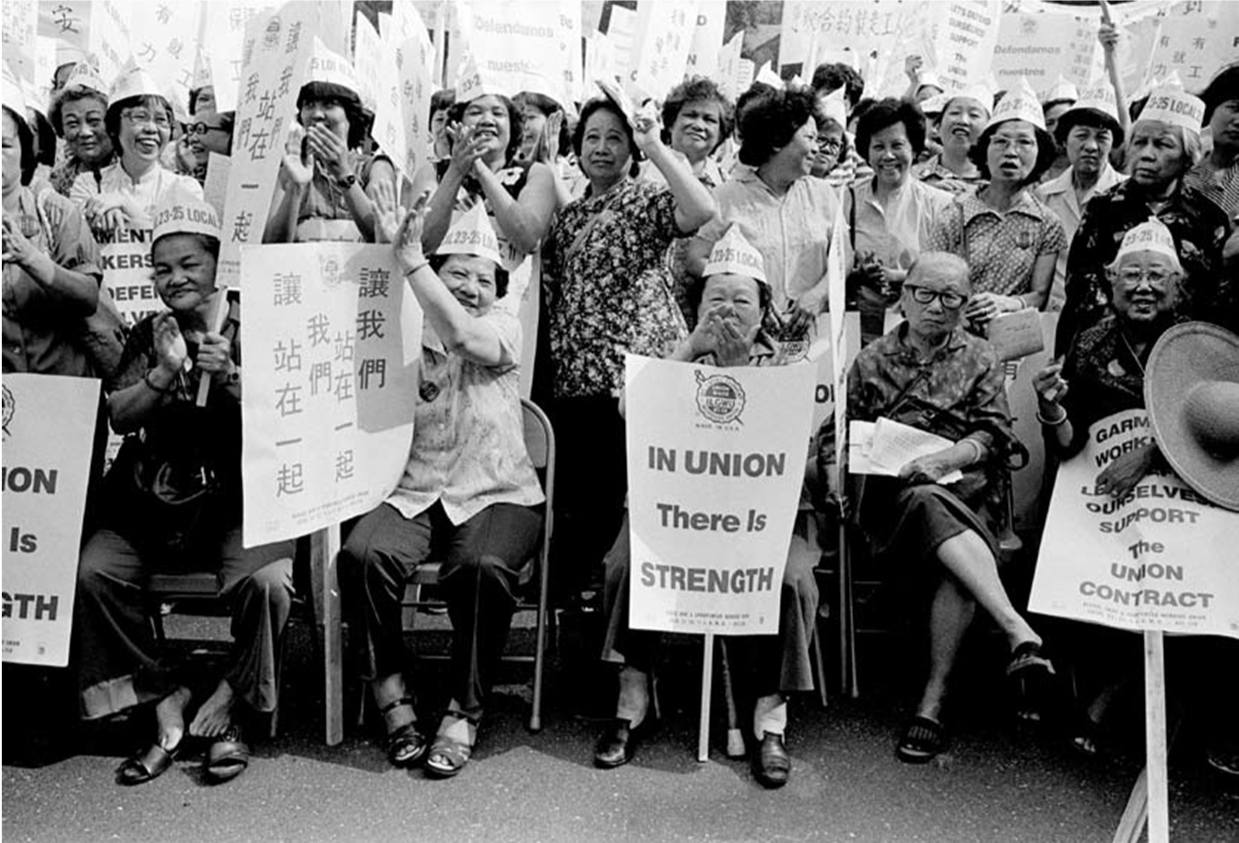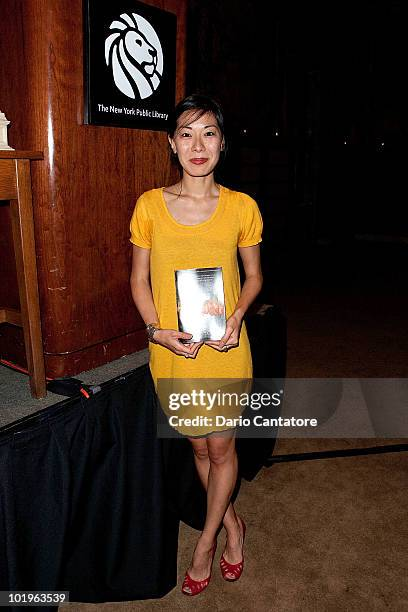In the captivating new musical, “Night Side Songs,” insightful dialogues with palliative care specialist Susan Block lay the groundwork for a profound exploration of life, illness, and mortality. This innovative production, crafted by siblings Daniel and Patrick Lazour, delves into the complexities of cancer and end-of-life discussions, offering an intimate glimpse into the experiences of patients and caregivers. Staged at the Harvard American Repertory Theater, “Night Side Songs” invites audiences to engage in this critical conversation through its evocative narrative and emotional depth. With its unique approach to a challenging subject matter, this musical about cancer breaks conventional boundaries, proving that even the weightiest topics can be addressed through art. The show resonates deeply with those who have grappling with illness, highlighting the importance of open dialogues around palliative care and the human experience in the face of adversity.
“Night Side Songs” serves as a poignant artistic journey that confronts the realities of terminal illness and the intricacies of care in one’s final chapter. This musical composition marries the narrative voices of caregivers, clinicians, and patients, shedding light on the often-neglected aspects of end-of-life care. Crafted under the guidance of renowned palliative care expert Susan Block, the production explores the therapeutic power of music in facing one’s mortality. By fostering conversations about mortality and the emotional challenges linked with serious health conditions, this performance embarks on a mission to illuminate the night side of life in an evocative manner. As audiences immerse themselves in this performance, they are encouraged to reflect on their own experiences and the vital need for discussions surrounding death, grief, and healing.
The Role of Music in Palliative Care
Music therapy is an integral component of palliative care, offering comfort and emotional expression for patients facing the challenges of serious illnesses. The use of musical elements in a healthcare context can bridge the gap between patients and their caregivers. By incorporating melodies and songs, healthcare providers can create a soothing atmosphere, allowing patients to process their feelings, express fears, and share experiences without the need for words. Thus, the melding of music with palliative care, as seen in ‘Night Side Songs,’ highlights how the arts can transcend traditional medical practices to foster an environment of healing.
Numerous studies have shown that music can lower anxiety levels, reduce pain perception, and improve the overall quality of life for those in end-of-life situations. As noted by professionals in the field, including Susan Block, integrating musical creativity into palliative settings can facilitate important discussions about death, illness, and emotional well-being. ‘Night Side Songs’ serves as a poignant example of how a musical narrative can enhance these conversations, ultimately empowering patients and families to navigate their journeys with a sense of community.
Exploring ‘Night Side Songs’: A New Kind of Musical
‘Night Side Songs’ defies the conventional expectations of what a musical can entail, immersing audiences in an emotional exploration of the cancer experience. The production intertwines personal stories and medical realities, inviting viewers to confront difficult subjects surrounding illness and mortality. By utilizing narrative techniques and the evocative power of song, the Lazour brothers, with guidance from Susan Block, have created a platform where important themes of palliative care can be addressed openly and creatively. This new approach encourages individuals to reflect on their own experiences with cancer and caregiving.
The narrative perspective of ‘Night Side Songs’—embracing patients, doctors, and families—creates a holistic lens through which the complexities of illness are examined. This multifaceted storytelling resonates deeply with audiences, as it reflects the real-life dynamics of healthcare settings and the struggles encountered in end-of-life discussions. Presenting these experiences within a musical framework not only captivates the audience but also fosters a greater understanding of the emotional landscapes individuals navigate while dealing with cancer, reinforcing the significance of palliative care.
Harvard’s Commitment to Palliative Care and the Arts
Harvard University, through its American Repertory Theater (A.R.T.), is at the forefront of innovative approaches to education and community engagement in healthcare, particularly in palliative care. The commissioning of ‘Night Side Songs’ exemplifies this dedication, as it bridges the gap between the arts and medicine, raising awareness about crucial end-of-life issues. By providing a platform for public discussions through performance art, Harvard helps to normalize conversations around death and dying, challenging societal stigmas related to these inevitable life events.
Additionally, the collaboration with experienced palliative care specialists, such as Susan Block, ensures that the narratives presented are accurate and sensitive to the experiences of those affected by serious illness. This partnership between the arts and palliative care reflects a broader movement within healthcare to integrate creative expression into treatment modalities. Through productions like ‘Night Side Songs,’ Harvard elevates public discourse on palliative care, prompting audiences to reconsider their own beliefs and attitudes toward death and the support systems available for patients and families.
The Impact of Susan Block on Palliative Care Practices
Susan Block’s influential work in palliative care has transformed how healthcare providers approach dying patients. As a pioneering figure in psychosocial oncology, Block has dedicated her career to advocating for compassionate, holistic care for individuals facing terminal illnesses. Through her extensive research and practical involvement, she highlights the importance of addressing not just the physical but also the emotional and psychological needs of patients. Her contributions have paved the way for a greater recognition of palliative care as a critical component of the medical field.
In her role as a consultant for ‘Night Side Songs,’ Block has brought her deep understanding of patient experiences to the forefront, shaping how stories of illness are told in the theatrical realm. She emphasizes the necessity of frank conversations about death and dying, which are often overshadowed by discomfort and fear. By providing guidance on the complexities of end-of-life experiences, Block has not only enriched the narrative quality of the musical but has also encouraged audiences to engage in meaningful dialogues about their own experiences with illness and caregiving.
Creating Intimacy Through Theatrical Spaces
The choice to stage ‘Night Side Songs’ in intimate venues such as the Cambridge Masonic Temple and Hibernian Hall plays a crucial role in the overall experience of the performance. Unlike large theaters, these smaller spaces foster a sense of community and connection between performers and audience members. This arrangement allows for a more personal interaction with the material, encouraging attendees to connect not only with the artists but also with each other as they share in the collective experience of grappling with themes of illness and mortality.
Artistic Director Diane Paulus explains that the decision to perform in the round—where the audience surrounds the stage—invites people to engage actively with the performance. As audience members participate and sing along, they become part of the narrative, breaking down barriers and creating a more profound impact. This communal approach is essential for a musical about serious themes, as it cultivates an environment where vulnerability is embraced, and open communication about difficult topics, such as death and dying, can flourish.
Navigating Emotional Landscapes in ‘Night Side Songs’
‘Night Side Songs’ is characterized by its sensitivity to the emotional complexities faced by patients and their families during terminal illnesses. Through heartfelt lyrics and moving melodies, the musical captures the struggles of fear, grief, and uncertainty that accompany serious health conditions. The Lazour brothers, with Susan Block’s expertise, have skillfully woven together stories that resonate with anyone who has experienced the challenges of caring for a loved one with cancer. This emotional depth allows for a cathartic experience for audiences, providing a space to confront and reflect on their own fears surrounding death.
Moreover, the musical serves as a catalyst for essential dialogues about end-of-life care. By portraying the realities of illness in a relatable manner, ‘Night Side Songs’ encourages individuals to express their own experiences and feelings. This is particularly important in the world of palliative care, where many patients and families feel isolated in their struggles. Through engaging with the musical, audience members can find solace in knowing they are not alone, as they share and process the common human experience of facing serious illness together.
Encouraging Open Discussions About Death
The cultural significance of ‘Night Side Songs’ lies in its ability to break the silence that often surrounds discussions about death. Susan Block emphasizes that open communication about mortality is crucial for both patients and families, yet societal norms frequently inhibit these conversations. The musical provides a platform for these discussions to take place, allowing audiences to explore their feelings about illness and dying in a supportive environment. By addressing these topics through art, the Lazour brothers have crafted a compelling narrative that invites reflection and honesty.
In doing so, ‘Night Side Songs’ exemplifies how theater can serve as a therapeutic medium for confronting difficult issues. The musical encourages viewers to engage with their emotions, fostering a communal dialogue that can lead to greater understanding and acceptance of mortality. As audiences witness the raw realities portrayed on stage, they are prompted to share their own truths, ultimately working towards dismantling the stigma surrounding death and paving the way for more compassionate discussions in society.
The Integration of Research in Musical Storytelling
The meticulous research conducted by the Lazour brothers, with insights from Susan Block, reflects the commitment to authenticity in ‘Night Side Songs.’ By grounding the musical in real-life experiences and facts about palliative care, they provide a narrative that resonates with both accuracy and emotional impact. This dedication to thorough research ensures that the complexities of end-of-life care are portrayed respectfully, perhaps prompting further discussions about the real-life implications of the subject matter.
Integration of research helps to connect the artistic elements of the musical with the harsh realities faced by patients and caregivers. Viewers not only witness a fictional story but are also introduced to the evidence-based practices that define palliative care today. This blending of research and creativity makes ‘Night Side Songs’ a unique educational experience, encouraging audiences to think critically about the narratives surrounding illness and the importance of compassionate care.
Transforming Perspectives on Illness and Dying
At its core, ‘Night Side Songs’ seeks to transform conventional perspectives on illness and dying, challenging the often-negative connotations associated with cancer. By framing the narrative through a musical lens, the Lazour brothers highlight the resilience, love, and shared experiences that thrive even in the face of adversity. This shift in perspective encourages viewers to recognize the humanity within the process of dying, fostering empathy for those who are navigating their own healing journeys.
As audiences engage with the personal stories presented in ‘Night Side Songs,’ they are prompted to rethink their approaches to conversations surrounding death. By witnessing the emotional realities portrayed on stage, members of the audience may feel empowered to voice their concerns, hopes, and fears related to their experiences with serious illness. Ultimately, this production serves as a reminder of the importance of compassion, connection, and open dialogue in the realm of palliative care.
Frequently Asked Questions
What is the concept behind the musical Night Side Songs?
Night Side Songs is a poignant musical that explores the complexities of palliative care and cancer treatment through the experiences of patients, caregivers, and medical professionals. It draws inspiration from Susan Sontag’s idea that ‘illness is the night side of life,’ focusing on the emotional and psychological aspects of dying and the importance of open end of life discussions.
How did palliative care expert Susan Block contribute to Night Side Songs?
Susan Block, a leading palliative care specialist, provided invaluable insights during the creation of Night Side Songs. Her expertise shaped the musical’s authenticity, ensuring it accurately represented the perspectives of those involved in serious illness, from patients to caregivers, fostering a rich and moving narrative.
Where is Night Side Songs being performed?
Night Side Songs is currently staged at the Cambridge Masonic Temple and Hibernian Hall in Roxbury, commissioned by Harvard’s American Repertory Theater. The choice of intimate venues enhances the audience’s connection with the performers and the material.
What themes does Night Side Songs address in relation to palliative care?
The musical Night Side Songs addresses several critical themes in palliative care, including the emotional impact of illness, the isolation experienced by patients and families during end of life discussions, and the need for compassionate communication about death and dying.
Who are the creators of Night Side Songs?
Night Side Songs was created by Daniel Lazour and Patrick Lazour, who collaborated closely with Susan Block and other experts in palliative care during its development to ensure the portrayal of cancer experiences was authentic and respectful.
Can the audience participate in the performance of Night Side Songs?
Yes, Night Side Songs invites audience participation, allowing attendees to sing along with the performers. This interactive element creates a warm and communal atmosphere, enhancing the emotional engagement with the themes of the musical.
Why is Night Side Songs considered a unique approach to discussing cancer and palliative care?
Night Side Songs is unique because it combines the powerful medium of musical theater with serious themes surrounding cancer and palliative care, bridging a gap in public awareness and encouraging meaningful discussions about death and the dying process in an accessible way.
What are the key insights offered by Susan Block regarding palliative care in Night Side Songs?
Susan Block emphasizes the importance of addressing emotional pain and facilitating open conversations about death within families. She highlights how Night Side Songs effectively portrays the real-life complexities faced by those dealing with serious illness, making the themes relatable and necessary.
| Key Points | Details |
|---|---|
| Susan Block | Palliative care specialist with over 30 years of experience. |
| Night Side Songs | A musical by Daniel and Patrick Lazour about a young cancer patient’s journey. |
| Inspiration | Based on Susan Sontag’s idea that ‘illness is the night side of life’. |
| Theater Settings | Performed at intimate venues to enhance audience connection. |
| Audience Engagement | Encourages audience participation, including opportunities to sing along. |
| Palliative Care Advocacy | Promotes open discussions about illness and death to reduce isolation. |
Summary
Night Side Songs explores the nuanced experiences surrounding cancer and end-of-life care, highlighting the importance of open dialogue about these difficult topics. By combining musical elements with profound emotional narratives, this production encourages audiences to confront the realities of illness and mortality. The insights provided by palliative care specialists like Susan Block not only validate the complexity of these themes but also foster a deeper understanding among viewers, making Night Side Songs a compelling piece that resonates with anyone affected by serious illness.
